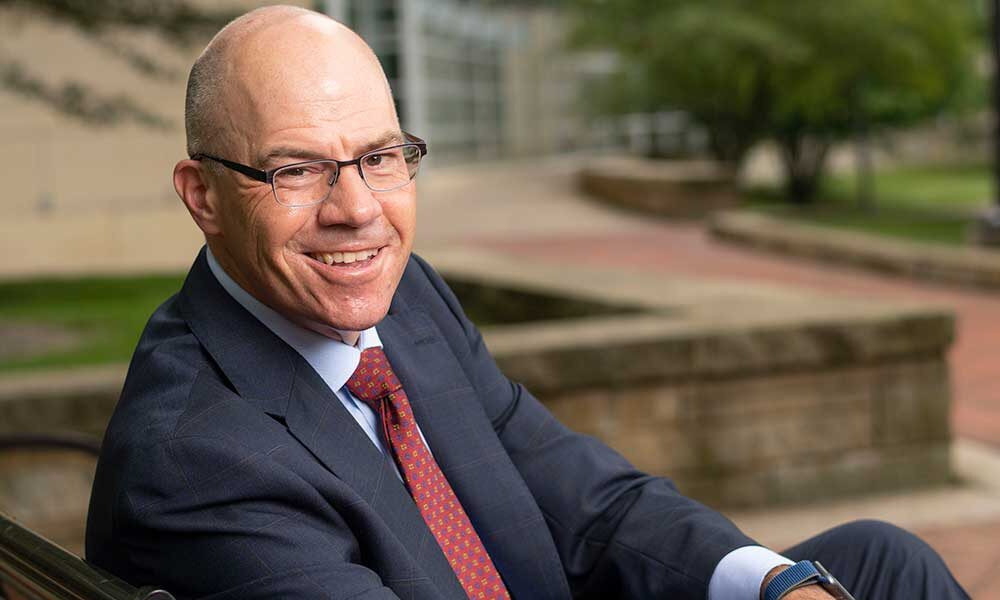By Dan Cahoy, Robert G. and Caroline Schwartz Professor of Business, Dean’s Faculty Fellow in Business Law, and Research Director of the Penn State Smeal Center for the Business of Sustainability
The complaint that “they don’t make them like they used to” is familiar to anyone distressed by products that seem prematurely destined for the landfill.
The use of less durable materials and the availability of cheap replacements has likely exacerbated the trend toward a disposable culture. To be sure, recycling efforts help to curb some of the waste, but they still generally involve energyintensive material conversion and remanufacturing.
Thankfully, a movement to preserve existing products through repair or improved reuse (also known as “upcycling”) has emerged in recent years. In part, this is inspired by a desire for more sustainable product lifecycles that are environmentally friendly and socially responsible. Recent supply chain problems have also highlighted the advantages of holding on to what you have.
However, some of the most innovative and useful products that one might seek to maintain are also protected with strong legal rights. In particular, intellectual property rights — patents, trademarks, copyrights, and trade secrets — can provide innovators with an incentive to introduce new ideas without fear of immediate competition from copyists. Unfortunately, those rights can also serve as a barrier to repair and upcycling activity that requires protected information. Necessary activities like accessing repair diagrams, creating replacement parts, or using proprietary software may be curtailed.
Our research is currently investigating some of the surprising legal barriers that are likely to have increased importance as repair and upcycling become more mainstream.
For example, when an old coat is made into a backpack or a gas-powered car is electrified, the trademark owner has a lingering ability to restrict future sales. As a result, small enterprises may view sustainable repurposing as overly risky. This type of legal barrier is part of the larger discussion on the right to repair, which was recently the subject of a Presidential Order and an FTC report.
By identifying new barriers and proposing solutions, our work can help more businesses engage in successful sustainable activity.
Photo by Stephen Moyer





